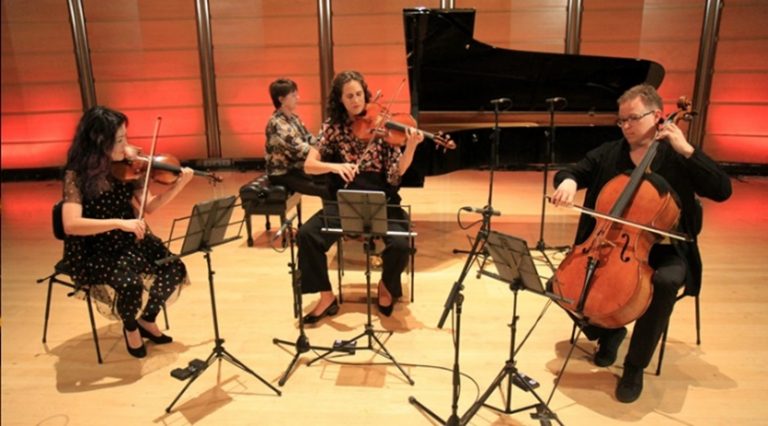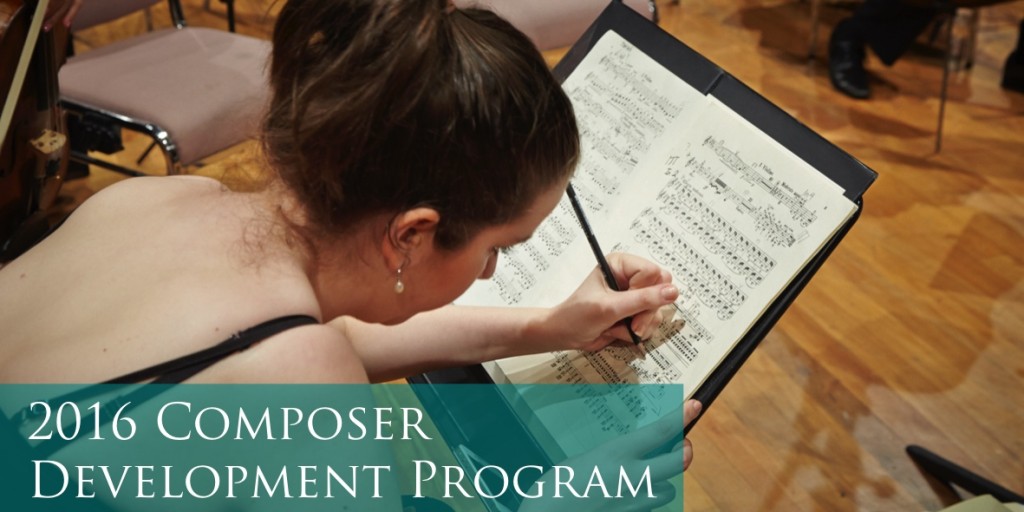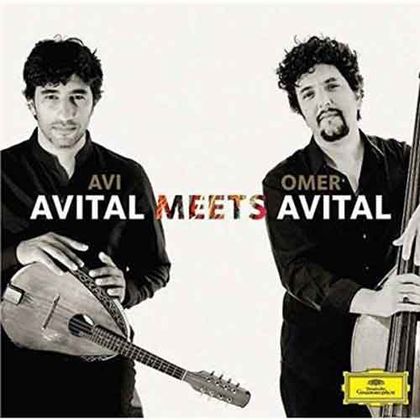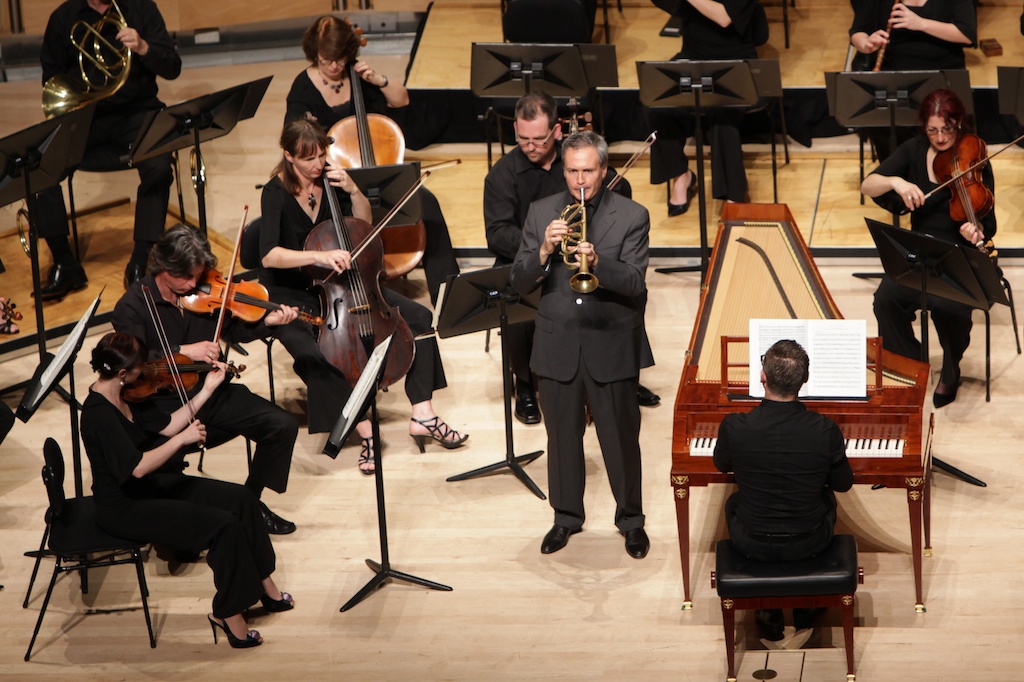Necessity The Mother Of A New Record Label

Never was there a better reason than necessity for creating something new. It spurred pianist Joe Chindamo and violinist Zoe Black to create their own record label, Mo’Oz Art , which Chindamo says is “a new label for a new direction.” The label’s debut release is Dido’s Lament a collection of 9 pieces, 8 of which are new or re-inventions of older compositions, performed by Chindamo and his partner in life and music, Zoe Black. Chindamo devised the name, which is a play on ‘Mozart’ and ‘More Oz Art’. “Occasionally I come up with these things” he jokes.
Zoe Black’s playing wafted over the air as Chindamo spoke to SoundsLikeSydney from Melbourne. “There’s no record company that caters for what we’re doing, which is quite different to what anyone else is doing – and our audiences would agree with that . Given my reputation as a jazz pianist and Zoe’s background as a classical violinist (she was Assistant leader of the Australian Chamber Orchestra for 5 years) , people may think that we’re doing crossover – which to me is like classical musicians taking a break and doing something for fun, and jazz musicians doing something to make themselves more legitimate. But it’s not that at all. It’s a new conversation.”
Chindamo argues the case for the novelty of this music, and draws on how Rachmaninov , a ‘classical’ composer, took a theme by Paganini and wrote his famous Rhapsody around it. “That was not cross over ” says Chindamo. “Rachmaninov used established raw material from a recognised composer and created something new in a very authentic and individual way – that’s what we’re doing and that’s why it’s different.”
“The other thing that sets us apart ” he continues, “is that we’re performing the music that we have created. In the last 100 years there has been a separation of the composer from the performer. They used to be one and the same. Today, composers no longer perform their own works and classical musicians don’t write their own music, They commission a composer if they want something new. The music is not coming from within the performer. What’s exciting about us is that I’m the composer and arranger of what we perform. When people hear us they’re hearing something that is constantly evolving and new.”
Determined as he is to avoid the ‘crossover’ label, Chindamo is also emphatic that what he writes is not “New Music’. “There’s not a lot of new material for classical ensembles and a lot of it is atonal. ‘New’ also seems to be synonymous with discarding the rules of harmony and rhythm, so what is written is a stream of consciousness soundscape – writing sounds rather than music. I think I stretch the boundaries of harmony and tonality when I write, but it is still tonal music. It’s quite different to be doing modern, written (and therefore classical) music that’s not the sound version of a Jackson Pollock painting.”
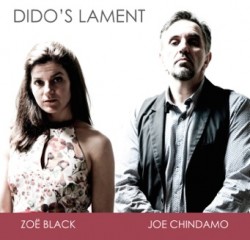
Chindamo wants his music to be serious and finessed. One of the tracks on Dido’s Lament is an arrangement of Gershwin’s It Ain’t Necessarily So, prompted by a You Tube clip of violinist Anne-Sophie Mutter performing a Jascha Heifetz arrangement of the song with pianist Andre Previn. “I’m going to shoot from the hip – it was awful! Both the arrangement and the performance. Ella Fitzgerald was never called upon to sing Leid or opera. When classical musicians start doing jazz, it’s just not right. I admire Heifetz for doing it but there are virtuosi in the jazz world like Art Tatum and Benny Goodman whose music is still fresh and alive today. It made me want to keep the bravura feel to my pieces which can be performed in concert by classical musicians. It is important that it is seen to be as serious as classical music or the best jazz. ”
Forging his way into classical performance, this month, Chindamo is preparing to perform a Mozart concerto (No 27, in B flat major, K 595) with the Queensland Symphony Orchestra conducted by Johannes Fritsch. He draws a parallel with the great jazz pianist of the 1950s, Mel Powell who played with Benny Goodman, Lionel Hampton, Louis Armstrong and Danny Kaye. Powell moved away from jazz to study under Hindemith at Yale and won the Pulitzer Prize for composition in 1990 for his work Duplicates: A Concerto for Two Pianos and Orchestra.
Chindamo’s fans can rest assured that he will not give up jazz. “But,” he says, “I’m going to use everything I learnt there to create something new. It’s a coming of age for me to do this – a challenge. I don’t want any of the music we’re doing to be labelled as ‘the classical bit’ or’ the jazz bit’. In a sense, all music is fusion – JS Bach created new compositions using 200 year old hymns; Liszt paraphrased Mozart – is it an arrangement of Mozart or a new composition using Mozart’s melody?”
The duo received a grant from the Australia Council to fund the recording process. They bore the costs of manufacture and other expenses themselves. Chindamo’s experience in the studio as a session musician stands him in good stead. “The microphone is a friend” he says, adding that “In the same way that some people are photogenic, Zoe and I are ‘audiogenic’ – if there is such a word. Consequently, in just two days in the studio, we’ve recorded the most complex music. Technically, this is the most difficult thing I’ve ever done.”.
Their next release will be a version of JS Bach’s intricate Goldberg Variations, which Chindamo will play as written whilst Black will play a violinistic twin, composed by Chindamo to match the original. ” The violin has its own line” he says “and sometimes two. It weaves in and out, takes the lead, accompanies me. It almost sounds like Bach could have written it. Writing a violin line which fits in with such a masterpiece is hard. If it sounds right I’m satisfied. There are so many ways you can get this wrong in the same way as adding dialogue to Shakespeare.”
Chindamo expects that his audience will be those who ” genuinely love good music, good food, good books and nice wine. They have no social agenda in espousing music – classical or jazz and they’re not snobbish about style or about putting music into genre boxes.”
“People may expect that because of our backgrounds the template for this is crossover. It may take several records to dissuade them and that’s why forming a company was so important – so that we can form a base from which to do this. Dido’s Lament offers a new vision!”
Shamistha de Soysa for SoundsLikeSydney©
Dido’s Lament is the first release on the Mo’OzArt label. Available from November 8th 2013, at all ‘good’ music stores.
Watch for our review of Dido’s Lament.


